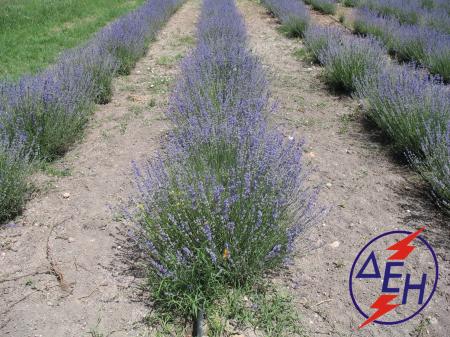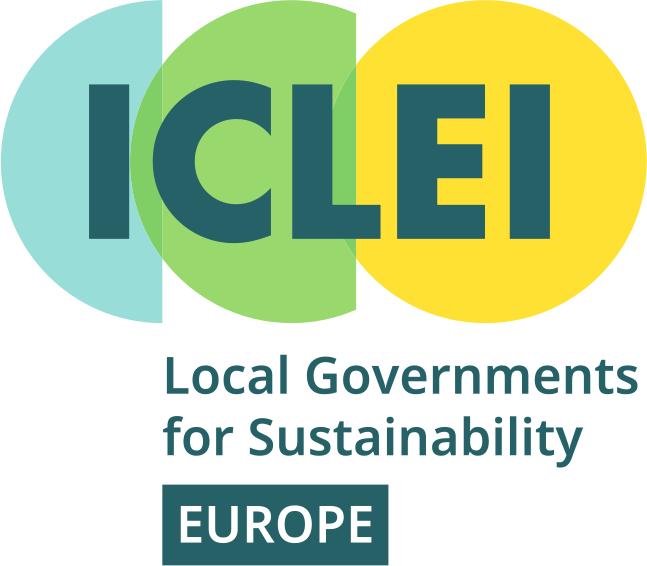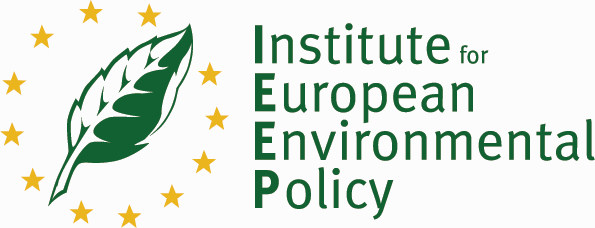
Objective:
Electric power production from coal combustion still accounts for a great proportion of total energy production in Europe. The Public Power Corporation S.A is the largest power producer and distributor in Greece and for more than 70 years manages a great coal mining area, the Lignite Center of Western Macedonia. The coal mining procedure leads to the formation of disturbed lands in coal mines, mainly in the places of soil depositions, the implication of a viable reclamation practice of whom is very critical.
Context:
In this direction, the Public Power Corporation S.A. has started for more than 20 years ago the reclamation process of the disturbed areas and depositions of the Lignite Center of Western Macedonia. The total area of reclamation at this moment is about to 45000 acres, 26000 acres of which concern forest plantations, 10000 acres agricultural fields and there are 9000 more under development. In the later, we established an experimental AMP cultivation field.
Contacts:
Simela Andreadou, s.andreadou@dei.com.gr, https://dei.gr
Christos Papadopoulos, C.papadopoulos@dei.com.gr, https://dei.gr
Further information:
www.dei.gr











